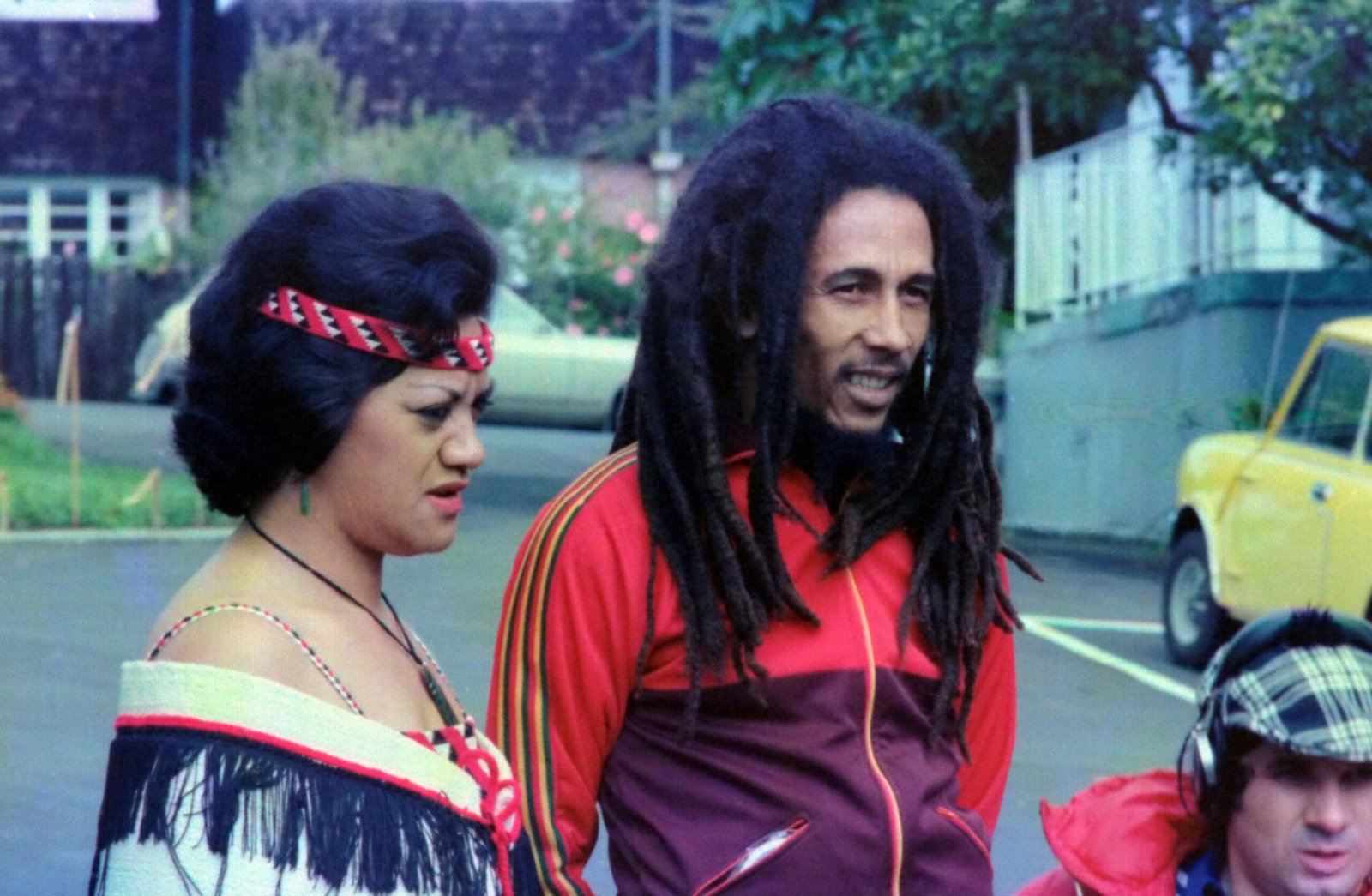The Life and Legacy of Bob Marley
Bob Marley, born Robert Nesta Marley on February 6, 1945, in Nine Mile, Jamaica, is an indisputable icon in the world of music and culture. Marley’s journey began in the rural heartland of Jamaica, where he was exposed to the rich traditions and rhythms that would later shape his unique sound. His foray into music began with the founding of The Wailers in 1963, alongside Peter Tosh and Bunny Wailer. What started as a local sensation quickly evolved into an international phenomenon, with the band pioneering the global spread of reggae music.
Marley’s music was deeply woven with messages of unity, resistance, and love, resonating with millions across the globe. His lyrical prowess and poignant messages were particularly evident in key albums such as “Catch a Fire” (1973) and “Rastaman Vibration” (1976). Songs like “No Woman, No Cry,” “Redemption Song,” and “One Love” have become anthems for peace and social justice, cementing his legacy as a voice for the oppressed and marginalized.
Beyond his music, Marley was a devout follower of Rastafarianism, a belief system that significantly influenced his worldview and artistry. Rastafarian themes of spiritual freedom, African identity, and resistance against oppression are intrinsic to his work, providing a profound spiritual depth that captivated listeners worldwide. His iconic dreadlocks, a symbol of his Rastafarian faith, became synonymous with his image and message.
Marley’s influence extended far beyond the realm of music. His participation in the 1978 “One Love Peace Concert” in Jamaica, where he famously brought together political rivals Michael Manley and Edward Seaga, showcased his commitment to peace and unity. Such moments underscored his role not just as a musician, but as a cultural and political figure.
Bob Marley’s life was tragically cut short when he succumbed to cancer on May 11, 1981. However, his legacy endures, with his music continuing to inspire new generations. His state funeral on 21st May 1981 was a testament to his monumental impact, drawing thousands of mourners from around the world who came to pay their respects to this legendary figure.
The State Funeral: A National and Global Tribute
On May 21st, 1981, the world bid farewell to one of its most iconic musical figures, Bob Marley, through a state funeral held in Jamaica. This monumental event attracted thousands of fans and dignitaries, both local and international, a testament to Marley’s profound impact on the global stage. The ceremony was a harmonious blend of Ethiopian Orthodox and Rastafarian elements, reflecting Marley’s deep spiritual beliefs and dual religious affiliations.
The state funeral of Bob Marley began with a solemn procession that wound its way through the streets of Kingston. The air was filled with the sounds of Marley’s music, played by live bands and echoed by the voices of mourners. The Ethiopian Orthodox Church officiated the primary rites, underscoring Marley’s baptism into the faith in 1980. Alongside, Rastafarian rituals were performed, celebrating his lifelong devotion to the Rastafari movement. This unique combination of traditions highlighted the spiritual duality that defined Marley’s life and music.
Witness accounts describe an atmosphere charged with both sorrow and celebration. Dignitaries from various countries attended, including the Prime Minister of Jamaica, Edward Seaga, who delivered a poignant eulogy. He praised Marley not just as a musician but as a cultural ambassador who brought Jamaica to the world stage. Other eulogies came from family members, friends, and fellow musicians, each painting a picture of Marley’s indelible legacy.
The state funeral of Bob Marley, an honor usually reserved for national heroes, signified his extraordinary contribution to Jamaican culture and music worldwide. The procession culminated at Nine Mile, Marley’s birthplace, where he was laid to rest in a mausoleum. The event was extensively covered by international media, further solidifying Marley’s status as a global legend.
For those interested in a deeper exploration of the events on May 21st, 1981, various news articles and historical archives provide additional context and verification. However, the essence of the day remains clear: it was a fitting tribute to a man whose music and message transcended borders and generations.

